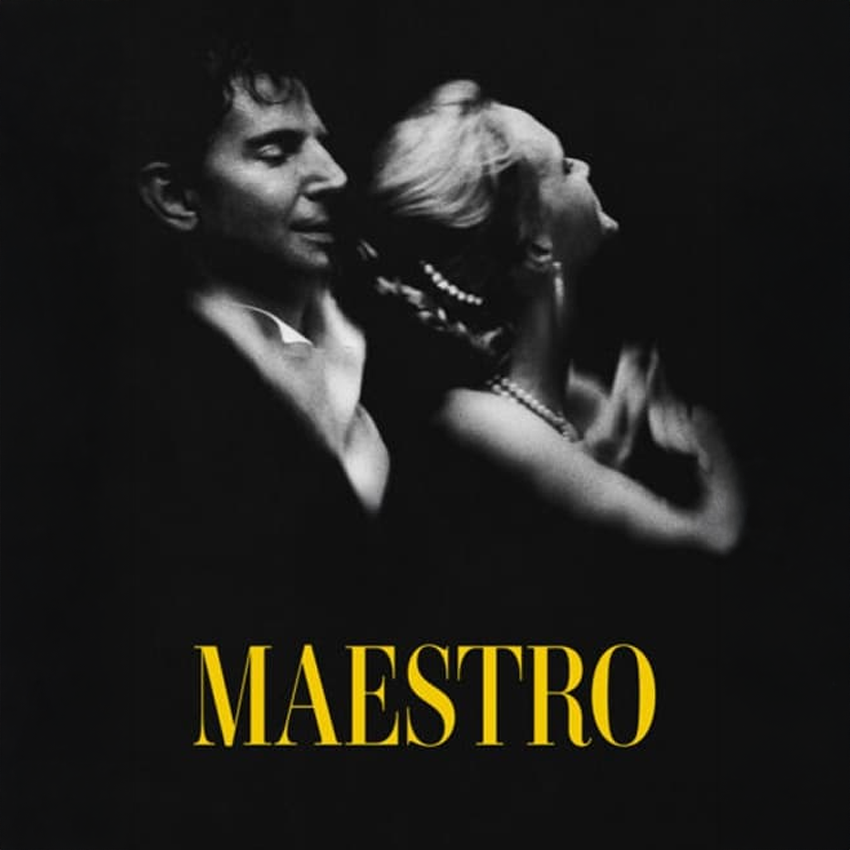Bradley Cooper’s Maestro sets out to chronicle the life of Leonard Bernstein, a towering figure in American music, but ends up delivering an insipid and disjointed portrait that feels more like a hollow exercise in prestige filmmaking than an earnest exploration of a genius. With its painstakingly crafted visuals, performative gravitas, and overt Oscar aspirations, the film stumbles into the same pitfalls as countless biopics before it: valuing aesthetic sheen over narrative substance.
A Narrative Out of Tune
At its core, Maestro attempts to grapple with the dualities of Bernstein’s life—his public acclaim as a composer and conductor, and his private struggles, including his complex relationship with his wife, Felicia Montealegre. Yet, the film fails to achieve any meaningful balance between these facets. Rather than intertwining his artistry with his personal life, it relegates his musical brilliance to the background, reducing it to a series of montages that feel disconnected from the larger narrative. For a film about one of the 20th century’s most dynamic cultural figures, Maestro seems curiously uninterested in his creative process or the groundbreaking nature of his work.
Instead, the story is weighed down by a shallow focus on Bernstein’s marriage, rendering it melodramatic rather than insightful. Key emotional moments feel engineered to elicit awards-season tears rather than to provide genuine depth or understanding of its characters. The result is a narrative that lacks the complexity required to make Bernstein’s story resonate.
Cooper’s Misstep as a Director and Actor
Bradley Cooper’s direction exhibits a level of technical prowess, with meticulous attention to detail in the set design, costumes, and the frequent (if overwrought) use of black-and-white cinematography. However, these elements feel more like affectations than integral parts of the storytelling. The decision to shift between black-and-white and color, ostensibly to demarcate different time periods, ultimately feels self-indulgent rather than meaningful, adding an air of pretension to the film’s already labored tone.
Cooper’s performance as Bernstein is similarly flawed. Much has been made of the prosthetics used to transform him into the iconic composer, particularly the exaggerated nose, which sparked accusations of stereotyping. Beyond this controversy, the prosthetics themselves are distracting, creating a barrier between the audience and Cooper’s performance. His portrayal often feels like a series of tics and affectations, mimicking Bernstein’s external mannerisms without capturing the internal turmoil or exuberance that defined him.
Carey Mulligan, as Felicia, fares slightly better, imbuing her character with moments of genuine vulnerability and strength. However, even her efforts are hamstrung by a script that reduces her to a supporting role in Bernstein’s orbit, robbing her character of the complexity she deserves. Their relationship, while central to the film, is rendered with broad strokes, never delving into the intricacies of their love, betrayals, or mutual understanding.
Form Over Feeling
One of the most glaring flaws of Maestro is its emotional hollowness. Despite its subject matter—love, ambition, identity, and the sacrifices of genius—the film rarely evokes genuine feeling. It is a work that seems meticulously engineered for awards season, with its sweeping score, dramatic confrontations, and artfully composed shots, yet it never earns the emotional weight it so desperately seeks. The pacing drags in places, while moments that should be revelatory—Bernstein conducting a rapturous performance or grappling with his identity—feel oddly inert.
A Misunderstanding of Genius
Perhaps the greatest failing of Maestro is its inability to illuminate the essence of Bernstein’s genius. The film tells us he was a prodigy, a trailblazer, a cultural icon, but it rarely shows us why. His groundbreaking contributions to music, his infectious charisma, and his deep connection to his art are alluded to but never fully explored. Instead, the film is content to linger on surface-level conflicts, reducing a multifaceted life to a simplistic and sanitized narrative.
In comparison, other recent biopics—such as Tár or Rocketman—have found innovative ways to explore the inner lives of their subjects, delving into the interplay between their art and personal struggles. Maestro, by contrast, feels stuck in a dated mode of storytelling, relying on clichés and tropes rather than daring to present something fresh or challenging.
Verdict: A Missed Opportunity
In the end, Maestro is a frustratingly hollow experience. It is a film that looks the part of a prestige biopic but lacks the heart, insight, or creativity to truly resonate. For a story about one of the most electrifying figures in American music, it is striking how little vitality the film possesses. Instead of soaring, Maestro plods along, weighed down by its own self-importance and inability to embrace the messy, vibrant spirit of its subject. What should have been a symphony of genius and complexity is, instead, a quiet whimper of unfulfilled potential.


Leave a Reply